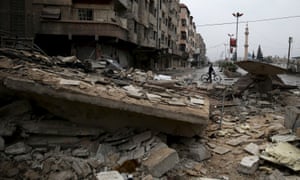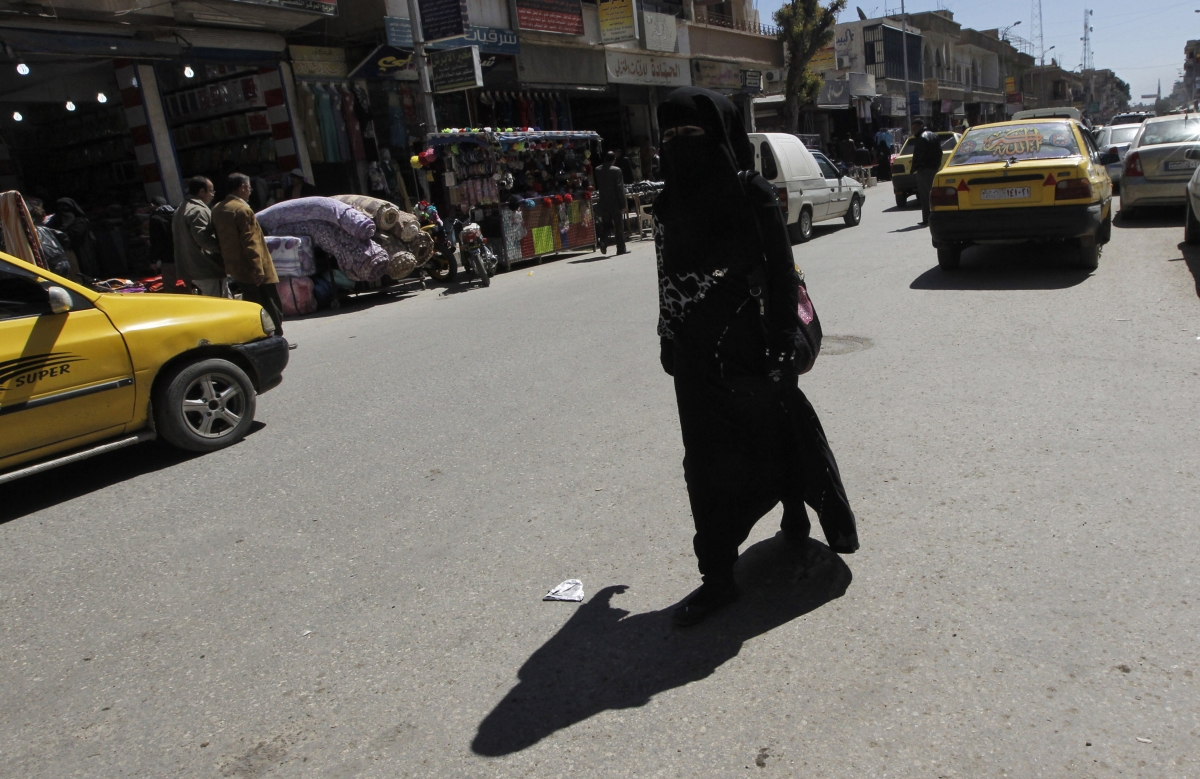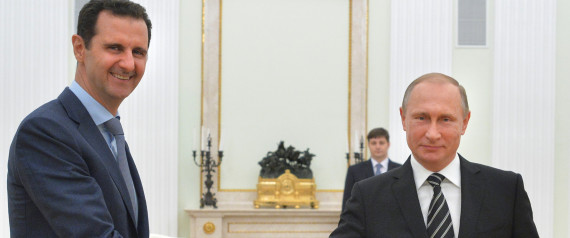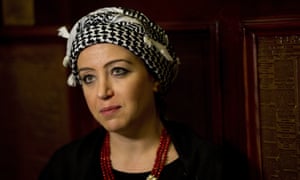'In Syria, day after day after day, on average about 120 people die. Some would envy the deaths of the Parisians. A 13 year old boy is beaten and burned until he is hardly more than a blackened lump. He is castrated and dies. Women have rats inserted into their vaginas. Babies have their throats slit.
The West tut-tuts, does nothing. The UN tut-tuts, does nothing. Human rights organizations call for nice, orderly, legal measures against Assad. They know with absolute certainty these measures won't be taken, except perhaps years later, after many thousands more die.
Obama does nothing, seeks approval of Congress which he knows will reject any action. The UK makes noises, does nothing. France makes bigger noises, sees America will do nothing, does nothing.
These governments are ahead of the opposition, who think the West should be nicer to Assad. Overwhelmingly, the people of Europe want nothing done. They aren't interested in protecting the Syrian people. Some just want to indulge themselves with charity projects for the ever-growing number of victims.
The US gives a trickle of aid to the resistance against Assad. It won't provide anything like enough arms to overthrow him, much less the air support it provided in Libya. It fears that some fighter's third cousin threatened the West. It does nothing against Hezbollah, which actually does attack the West, but which fights for Assad.
The only countries that help the rebels are Turkey, Qatar, and Saudi Arabia. They are condemned because they're Islamist and not democratic enough for those who condone or support Syria's dictatorship.
Betrayed by Obama, abandoned by Europe, the Syrian people see that the secularist West is content to watch them die. They are in agony. They grow more and more religious, as often happens when people are abandoned by the secular powers and aided by religious ones.
The Syrian rebels find that their strongest allies are radical Islamists. One such group, ISIS, goes crazy, starts attacking them, insists on restoring a Caliphate to bring justice and destroy the secular enemies.
After hundreds of thousands of deaths, tens of thousands murdered by torture, millions homeless, starvation, gas, barrel bombs daily, some radical Syrian Islamists inflict on Paris, for one day, less than Syria suffers every day. They say this is because of Syria.
The West is shocked. Hollande takes a moment out from his bombing campaign to call it an act of war.'
















